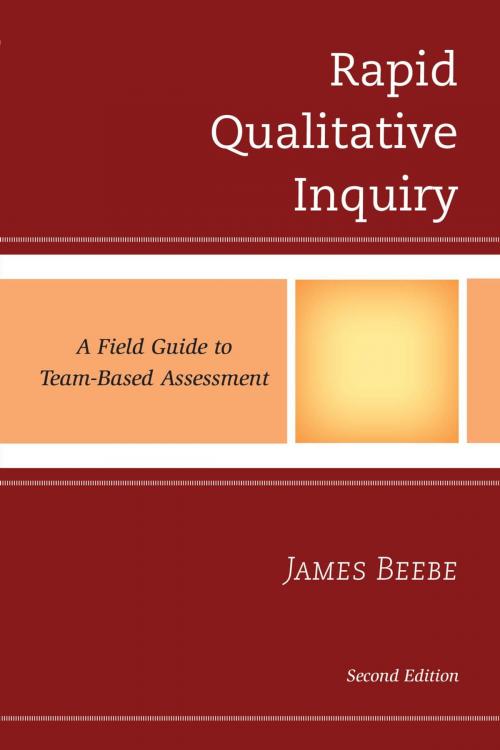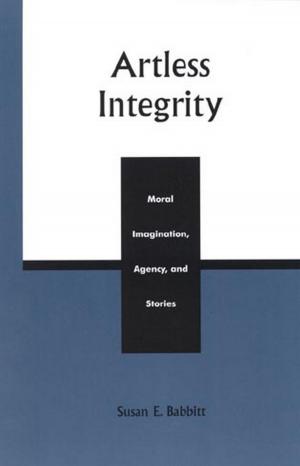Rapid Qualitative Inquiry
A Field Guide to Team-Based Assessment
Nonfiction, Science & Nature, Science, Other Sciences, Methodology, Social & Cultural Studies, Social Science, Anthropology| Author: | James Beebe | ISBN: | 9780759123212 |
| Publisher: | Rowman & Littlefield Publishers | Publication: | October 23, 2014 |
| Imprint: | Rowman & Littlefield Publishers | Language: | English |
| Author: | James Beebe |
| ISBN: | 9780759123212 |
| Publisher: | Rowman & Littlefield Publishers |
| Publication: | October 23, 2014 |
| Imprint: | Rowman & Littlefield Publishers |
| Language: | English |
Practitioners in need of timely results for program and policy planning—and students looking for
realistic research projects—will find solutions in Rapid Qualitative Inquiry (RQI), a team-based,
applied research method designed to quickly develop an insider’s perspective on and preliminary
understanding of complicated “on-the-ground” situations.
In this accessible field guide to RQI, James Beebe provides an introduction to research that
substitutes teamwork for long-term fieldwork; uses iterative data collection, data analysis, and
additional data collection; triangulates data from multiple sources; and applies techniques and
concepts from ethnography and case study research. Extensive examples make clear that “rapid”
does not mean “rushed” and that rigorous RQI depends upon flexibility rather than an arbitrary
list of techniques. Throughout, Beebe’s clear prose guides interdisciplinary readers through the
process, promise, and potential pitfalls of RQI.
Practitioners in need of timely results for program and policy planning—and students looking for
realistic research projects—will find solutions in Rapid Qualitative Inquiry (RQI), a team-based,
applied research method designed to quickly develop an insider’s perspective on and preliminary
understanding of complicated “on-the-ground” situations.
In this accessible field guide to RQI, James Beebe provides an introduction to research that
substitutes teamwork for long-term fieldwork; uses iterative data collection, data analysis, and
additional data collection; triangulates data from multiple sources; and applies techniques and
concepts from ethnography and case study research. Extensive examples make clear that “rapid”
does not mean “rushed” and that rigorous RQI depends upon flexibility rather than an arbitrary
list of techniques. Throughout, Beebe’s clear prose guides interdisciplinary readers through the
process, promise, and potential pitfalls of RQI.















